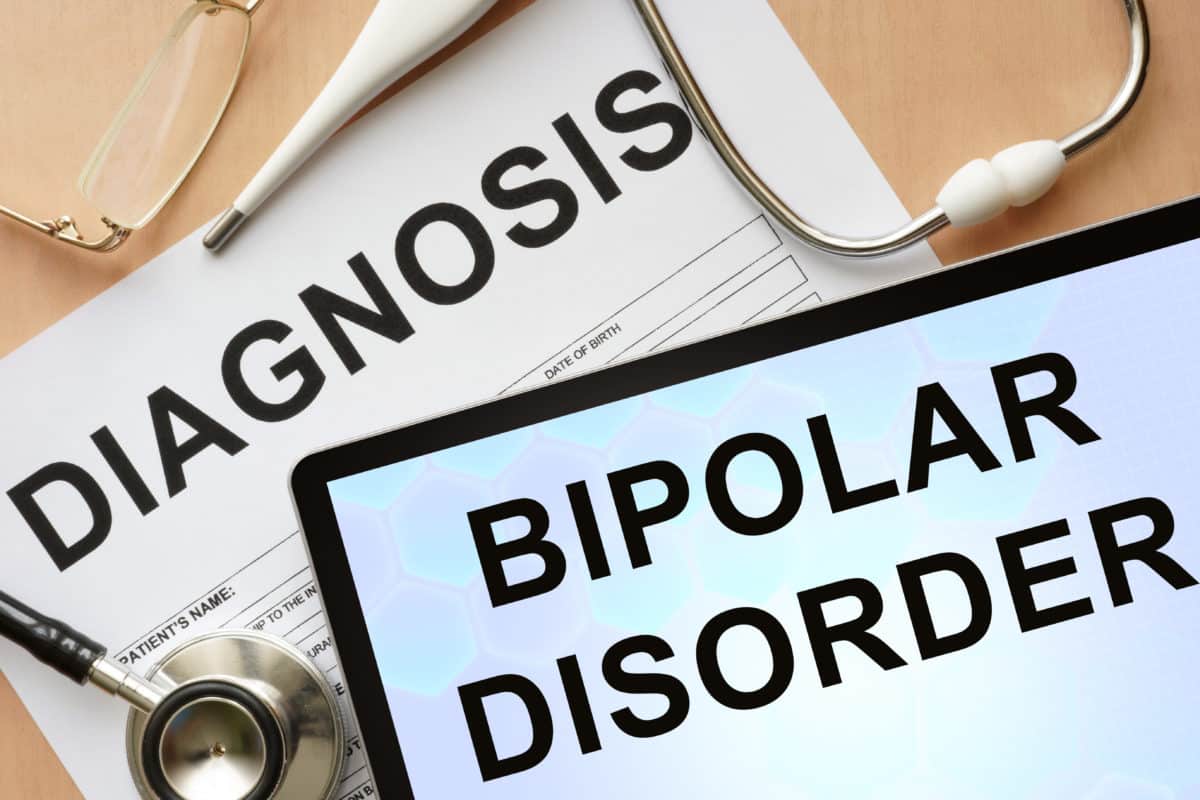Bipolar disorder is a serious mental health condition. But is bipolar a disability? Let’s dig into that question below.
Well, it is a condition where your mood is affected. One minute your mood is okay, and the next it can swing to an extreme level and vice versa.
A lot of people often wonder if bipolar is a disability. This is mostly due to the fact that having bipolar can affect and impact your day-to-day life, just like disabilities do.
Is Bipolar A Disability?
Yes, bipolar is considered as a disability by the Americans with Disabilities Act or the ADA.
People with bipolar conditions can get equal rights at work through the ADA. They may also qualify for Social Security benefits if you can’t maintain a day-to-day job because of the disability.
Getting Disability for Bipolar Disorder
You can either apply for Social Security Disability Insurance (SSDI) or Supplemental Security Income or SSI. SSDI is for those who have previous work experience and have paid their Social Security taxes. On the other hand, SSI is for people who have a limited income.
To qualify for ADA support, you need written proof by doctors or specialists. This written statement should prove that your bipolar disorder severely limits your ability to work. Usually, the ADA only covers companies with 15 or more employees.
As for getting benefits from Social Security, you need to have both a bipolar disability and be a part of a low-income household. Another factor that may help you qualify is if you have worked for a certain number of years (SSDI.)
Do You Qualify?
Keep in mind that not everyone who suffers from bipolar disorders can qualify for Social Security benefits. To qualify for SSI, you need to prove the following:
- Your bipolar disorder will last for more than a year
- You have lived with this disorder for the past few years, or at least 1 year
- Your bipolar is preventing you from doing any job
- You’re earning less than a certain amount of money (the amount is different for each state)
- You don’t have more than $3,000 in assets
On the other hand, those who have paid their Social Security taxes for a number of years can qualify for SSDI.
Benefits of ADA/SSDI/SSI
Being protected by the ADA means that you are protected from being discriminated against at work. This means that your company or employer doesn’t have the right to fire you because of your disorder.
Naturally, you still need to be able to do the tasks your job requires to avoid getting fired. However, you have the right to ask for certain accommodations that can make your job easier to do under your disorder.
These accommodations can include job coaching, having a support animal, getting extra breaks during the day, a flexible schedule, and etc.
Many people can work despite having a bipolar disorder. It all depends on how severe your condition is, and how much it affects your daily life.
More on Bipolar Disorder
This article is part of our guide to bipolar disorder treatments, symptoms, causes and more.
Check out the next topic in our guide, how to help a bipolar person.








